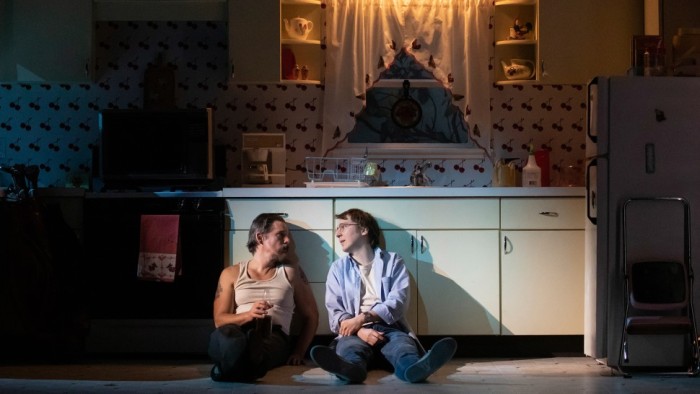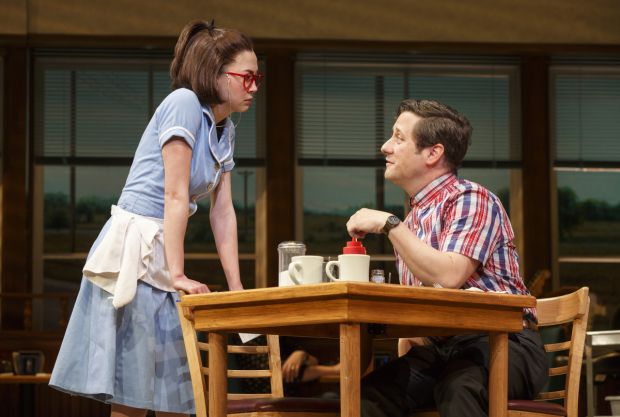
Blog Entry – Walt Whitman Poems.
For this blog entry, I decided to look at the 2nd stanza in Whitman’s poem Song of Myself.
Houses and rooms are full of perfumes, the shelves are crowded with perfumes,
I breathe the fragrance myself and know it and like it,
The distillation would intoxicate me also, but I shall not let it.
The atmosphere is not a perfume, it has no taste of the distillation, it is odorless,
It is for my mouth forever, I am in love with it.
I will go to the bank by the wood and become undisguised and naked,
I am mad for it to be in contract with me.
The smoke of my own breath,
Echoes, ripples, buzz’d whispers, love-root, silk-thread, crotch and vine,
My respiration and inspiration, the beating of my heart, the passing of blood and air through my lungs,
The sniff of green leaves and dry leaves, and of the shore and dark colour’d sea-rocks, and of hay in the barn,
The sound of the beth’d words of my voice loos’d to the eddies of the wind.
A few light kisses, a few embraces, a reaching around of arms,
The play of shine and shade on the trees as the supple boughs wag.
The delight alone or in the rush of the streets, or along the fields and hill sides,
The feeling of health, the full-noon trill, the song of me rising from bed and meeting the sun.
Have you reckon’d a thousand acres much? Have you reckon’d the earth much?
Have you practis’d so long to learn to read?
Have you felt so proud to get the meaning of poems?
Stop this day and night with me and you shall possess the origin of all poems,
You shall possess the food of the earth and sun, (there are millions of suns left,)
You shall no longer take things at second or third hand, no look through the eyes of the dead, nor feed on the spectres in books,
You shall not look through the eyes either, nor take things from me,
You shall listen to all sides and filter from yourself.
I think this stanza shows Whitman’s love and admiration for the area he is living in, It’s somewhere he truly believes is beautiful, and one that pleases all his senses. At the same time, I also think Whitman is claiming that instead of reading about such scenes that the viewer should instead indulge their senses and go out in the world to discover them first hand. Something that we did in NYC as we roamed around on our free days, Because of this I have written the following short poem about my experience, not in Washington square like Whitman, but instead of the trip I took out to the Bronx and further up north to a small Super Smash bros melee tournament I attended. (it’s probably not that good sorry)
The streets thick with cuisine, the aromas travel softly in and out of the sinuses, tempting passerbys in,
The taste of cheese permeates my tongue but now is not the time to indulge and so I carry on.
The metal beast roars forward, screeching and howling as it is pulled to a stop, but the beast is tamed and despite the sweet smells slowly simmering away only to be replaced with sourness, I know that I am on the right path.
With a smile and a wave greetings are exchanged, and even in the cold it only takes a smile to warm oneself.
And soon that bitter coldness would fade away and instead be replaced by the neon lights, softly humming along to dreamland and drinks.
If you listen closely the constant clicks clattering about can be distinguished.
Attah! Hiyuh!
Y, Down, A, Down, B, Y, Diagonal Down, R, C-stick up, D-pad Up.
Come on.
Those are the sounds of victory.




 Blog topic two: Lit – Great Gatsby
Blog topic two: Lit – Great Gatsby Blog One: To Kill a Mockingbird
Blog One: To Kill a Mockingbird